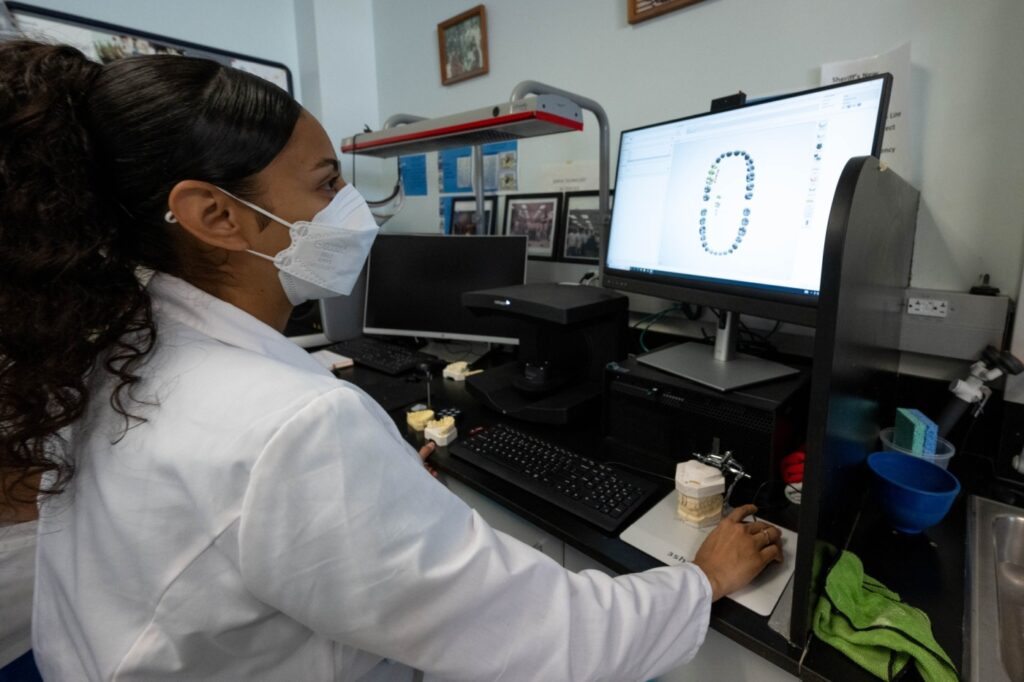
Gabriella Djuarna grew up in San Gabriel where she was raised by her parents who immigrated from Indonesia before she was born.
The family had a rough time financially in the beginning.
But through it all Djuarna, now 21 and an only child, went to high school and was fortunate to have counselors and teachers who helped guide her through the college application process that led to her stay on a career path of her choice.
She is what’s known as a “first gen,” the first person in her family to go to college and many of whose parents aren’t English language speakers or familiar with navigating the educational system.
Now a fourth-year student at University of California, Irvine where she lives, Djuarna is near her goal of earning a bachelor’s of science in public health science.
“My parents didn’t force me to go to college but they definitely encouraged me,” said Djuarna. “They never graduated from a college or university back in Indonesia or the United States, but encouraged me to go to a university so I wouldn’t have to struggle financially. I’m interested in epidemiology and hope to become an epidemiologist in the future. Right now, I’m applying for a Master’s in Public Health.”
Careers in healthcare, computer science and engineering are burgeoning fields and considered high-growth careers, according to experts.
Dozens of educational institutes in Los Angeles County, involving hundreds of thousands of students, are set to be part of a $18-million state grant over the next four years with a goal that encourages underrepresented students to seek out careers in those fields and also close the educational and workforce gaps caused by systemic inequities and racism.
The five California State University campuses in the $18-million LA Region K-16 Collaborative grant are Dominguez Hills, Long Beach, Los Angeles, Northridge and Pomona.
The colleges collectively form what is called the CSU5 region and are set to receive about $3 million in grant money over a four-years period.
In the past, the pathway to success through traditional educational systems for many students has been described akin to a leaky pipeline where students can fall through the cracks.
If they fail in any one chosen career, students in general tend to drop out of college unaware of other options. Transferring from community colleges to 4-year colleges can be daunting for some of them and has been identified as one of the bigger challenges not to mention a lack of mentors and role models in their lives, according to experts.
Students with economic and financial challenges tend to come from underserved or ethnic communities. They have to work while in college, often at multiple jobs, which impacts their ability to dedicate themselves to navigating college degrees.
The LA Region K-16 Collaborative is part of a statewide strategy for strengthening education-to-workforce pathways and ensuring education, vocational and workforce programs address the income, racial and gender inequalities in education and employment.
Grant specifications call for each educational entity to meet specific goals and accountability measures throughout the four-year process.
Los Angeles-based nonprofit UNITE-LA is the backbone agency that will facilitate the distribution of the $18-million grant upon approval by the Collaborative’s leadership group, L.A. Region K16 Stewardship Group.
Nearly $14 million is earmarked to CSU 5, the sub-regional local hubs for pathway development. The remaining $4 million will primarily be used to staff the collaborative, establish regional goals, develop learning communities around pathway development, provide technical assistance, collect and report data and conduct labor market analysis among its lofty goals.
Educators have recognized that one single institution alone cannot solve the pressing, complex education and workforce challenges. The Los Angeles collaborative united the region’s most prominent leaders to collectively lead a transformative change.
The region works across institutional and disciplinary lines to forge ongoing relationships that connect education to professional practice and community life and leverages the power of those universities that have long and rich histories in Los Angeles County.
The County of Los Angeles Department of Human Resources is one of the partners tasked to solve workforce shortages and participate in regional workforce development events.
University of California, Irvine
UCI has long been invested in equitable access and degree attainment for first generation, low income and students of color from Los Angeles.
This university has a long history of working with Compton Unified School District, home to 19,00 students with a 100 percent minority population, 84 percent graduation rate and math and reading proficiency ratings under 40 percent, according to the National Center for Education Statistics, CA Dept. of Education.
Over the years, matriculating through grammar, high schools and onto a community college has had its struggles, according to university officials.
For three decades, The Center for Educational Partnerships has deployed UCI students and staff in schools in Compton, El Monte, Pico Rivera and Paramount through its Early Academic Outreach Program and multiple federal Gear-Up grants.
The new proposed state funding provides opportunities to build on that long-standing partnership with its K-12 and community college partners and move beyond general college preparation to specialized support and programming to take students to post graduation success in high-demand fields to connect with meaningful work experiences and careers post-graduation.
“In working with our schools of business, engineering and computer and health sciences, we will connect regional employers, internships and academic preparation to provide students a targeted system of support to and through UCI,” said Stephanie Reyes-Tuccio, an assistant vice chancellor of educational partnerships. “At UCI we want to help students find their passions and provide seamless pathways with our K-12 and community college partners, offering support and meaningful exposure to the exciting research and opportunities in these high demand fields.”
UCI has been recognized as providing social mobility to students, over half of whom are the first in their families to go to college. The new state grant affords the opportunity to focus specifically on high-paying, stable employment.
